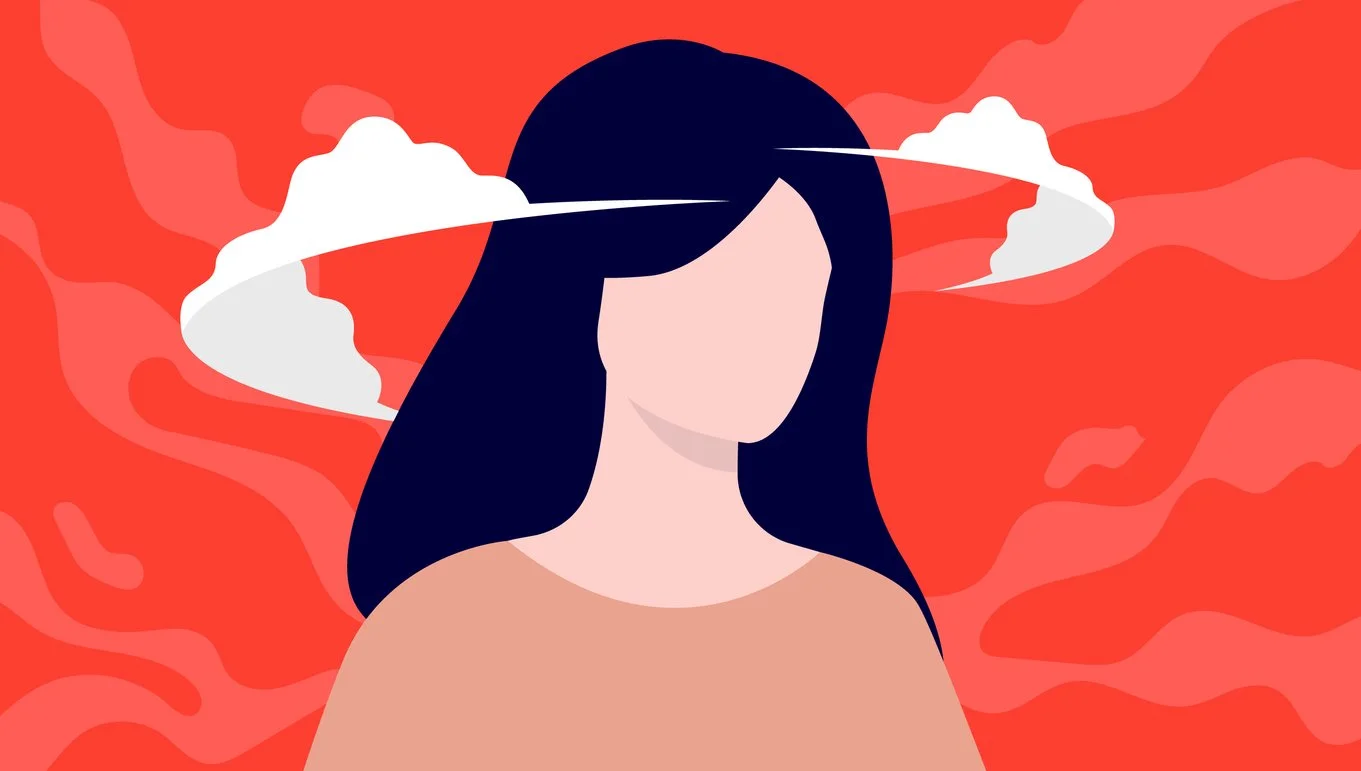
Alleviant Integrated Mental Health Blog
Brain Fog, Focus, and Resolutions: How ADHD Influences New Year Goals and What Helps
January often comes with a rush of motivation. New planners, fresh routines, big intentions to be more productive or finally feel on top of life. For some people, that energy feels exciting. For others, especially those living with ADHD, it can feel overwhelming before the year even begins.
If you have ADHD, setting goals may come with brain fog, distraction, or a sense that you are already behind. Tasks that seem simple for others can feel heavy or impossible. That does not mean you are unmotivated or failing. It means your brain works differently, and it deserves a different kind of support.
When Willpower Isn’t Enough: Understanding the Mental Health Side of Lifestyle Changes
Every January, many of us set intentions to improve our physical health. We resolve to exercise more, eat healthier, lose weight, or quit substances. But even the most well-intentioned plans can feel emotionally exhausting, and progress often stalls. That doesn’t mean you lack discipline. More often, it means that the emotional and mental aspects of change are being overlooked.
Solve It Drug-Free: Supporting Neurodivergent Kids With Healthy Coping Tools
Red Ribbon Week is a time to raise awareness about substance use prevention and encourage kids to make healthy choices. For neurodivergent children—those with ADHD, autism, or other neurodevelopmental differences—learning safe and effective coping strategies is especially important. Without these tools, some kids may turn to substances to manage stress, frustration, or overwhelming emotions.
At Alleviant Integrated Mental Health, we focus on equipping neurodivergent kids with coping strategies that reduce risk, promote emotional well-being, and prevent substance use.
Substance Use and Self-Medication: Understanding What Teens Are Trying to Escape
Teen substance use is often more than a phase or a rebellion—it can be a way for young people to cope with stress, emotional pain, or mental health challenges. Understanding the reasons behind self-medication is critical for parents, educators, and caregivers who want to provide support rather than judgment.
At Alleviant Integrated Mental Health, we emphasize addressing the underlying mental health needs that can lead to risky behaviors.
Why Middle School Is a Critical Time
Between the ages of 11 and 14, children experience significant emotional, social, and cognitive development. This period is often when anxiety, depression, ADHD, and other mental health concerns first appear. Early identification can help prevent struggles from worsening and supports academic, social, and emotional growth.
ADHD-Friendly Self-Care: How to Make Wellness Actually Work for You
Self-care is often presented as a one-size-fits-all routine, but for people with ADHD, traditional wellness advice can feel impossible to follow. Long meditation sessions, rigid schedules, or lengthy to-do lists may end up creating more stress than relief.
At Alleviant Integrated Mental Health, we believe self-care should be flexible, practical, and ADHD-friendly. The goal is to help you take care of yourself in ways that actually work for your brain and your lifestyle.
ADHD in Relationships: How to Navigate Love, Frustration, and Communication
ADHD doesn’t just affect focus or work performance. It also impacts relationships. Partners, family members, and friends may notice challenges with attention, emotional regulation, or follow-through. While these differences can create frustration, understanding ADHD in relationships can help couples and families communicate more effectively and strengthen their bonds.
At Alleviant Integrated Mental Health, we believe that awareness, compassion, and practical strategies can transform the way ADHD affects your connections with others.
ADHD in Girls and Women: What Gets Missed
For years, ADHD has been thought of as a condition that mostly affects boys. Because of this, countless girls and women have grown up without answers, often struggling silently with symptoms that don’t fit the “classic” picture of ADHD.
At Alleviant Integrated Mental Health, we believe it’s time to bring attention to how ADHD shows up differently in girls and women, and why it so often gets missed.
ADHD Isn’t Just About Focus: The Emotional Side No One Talks About
When most people think of ADHD, they picture challenges with focus, organization, or restlessness. While those are important aspects, they don’t tell the full story. Many people living with ADHD also experience emotional symptoms that often go unnoticed or misunderstood.
At Alleviant Integrated Mental Health, we believe it’s important to talk about this side of ADHD so people can feel seen, understood, and supported.
From Awareness to Action: 10 Things You Can Do for Mental Health Today
It’s easy to talk about the importance of mental health, but real change comes when we take action. Supporting your mind doesn’t always require huge steps. In fact, small daily practices can make a big difference in how you feel and how you show up for others.
At Alleviant Integrated Mental Health, we encourage practical, doable actions that anyone can take to nurture mental well-being. Here are 10 things you can do today to support your mental health.
Medication Management: Understanding How Psychiatric Medications Work—and Why Healing the Brain Itself Is Essential
Psychiatric medications can play a vital role in restoring mental health. For many individuals struggling with depression, anxiety, ADHD, PTSD, or bipolar disorder, medications can offer much-needed relief. However, what’s less commonly understood is how these medications work at the cellular level—and why they sometimes seem to stop working over time.
At Alleviant Integrated Mental Health, we believe that objective, brain-based care is critical to lasting healing. Understanding medication mechanisms, limitations, and the importance of actually rehabilitating the brain (not just medicating symptoms) is central to our approach.
Understanding ADHD: A Brain-Based Perspective on Diagnosis, Treatment, and Hope for Healing
Attention-Deficit/Hyperactivity Disorder (ADHD) is one of the most commonly diagnosed neurodevelopmental disorders in children—and increasingly recognized in adults. It affects not just attention and focus but emotional regulation, executive function, and overall quality of life. At Alleviant Integrated Mental Health, we approach ADHD differently—through a brain-first model that seeks to uncover the root causes rather than simply managing symptoms.
This blog explores ADHD’s underlying mechanisms, the impact of lifestyle and environment, common treatments, and how Objective Psychiatry (including spectral EEG or sEEG) offers a revolutionary path forward.
Why ADHD Is Often Misdiagnosed — and What You Can Do About It
Struggling to focus? Feeling disorganized, restless, or distracted? You might assume it’s ADHD. But those same symptoms are also caused by anxiety or trauma, poor sleep, nutritional deficiencies, technology overuse, or inflammatory foods. That’s why, at Alleviant, we never rush to label someone with ADHD. Instead, we use spectral EEG (sEEG) to look at the brain’s real-time activity and determine what’s actually going on — whether it’s ADHD or something else entirely.
Overstimulated: How Screens and Sugar Hijack the ADHD Brain
If your child (or you) are struggling with focus, impulsivity, irritability, or poor emotional regulation — ADHD may be the first thing that comes to mind. But in today’s world, these symptoms are just as likely to be the result of an overstimulated brain.














